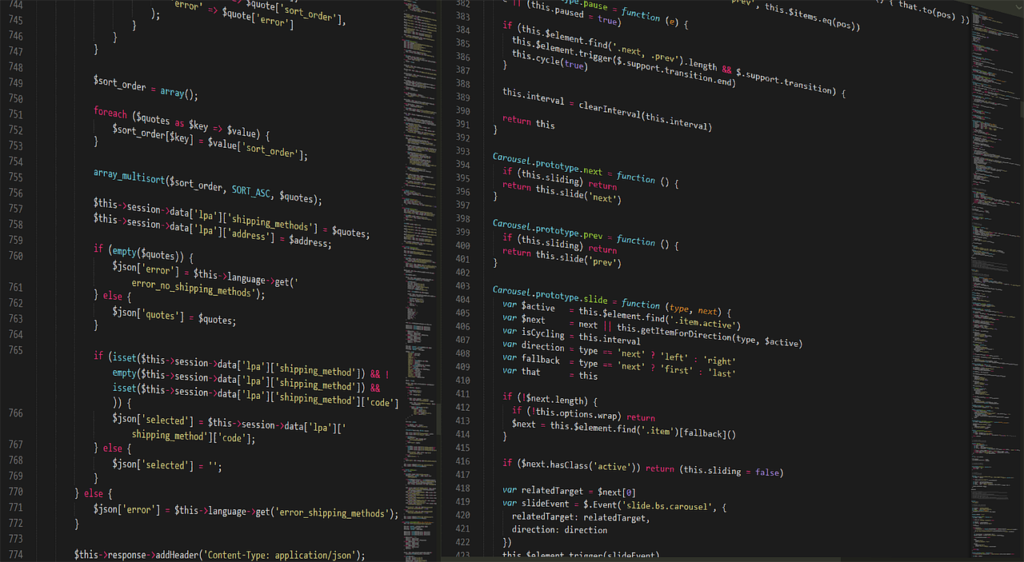AI is significantly impacting the way people conduct business. We will examine the implementation of artificial intelligence across industries and how companies formulate AI strategies.
Analysts predict that AI could contribute $15.7 trillion to the world economy by 2030. Business leaders and management teams are rapidly starting to see the vast potential of AI for revolutionizing the way we do business. Nevertheless, there remains some uncertainty, particularly in terms of integrating AI into organizations to maximize value and minimize downtime and disruption to businesses.
More companies plan to integrate AI
The “how” tends to be a sticking point with most emerging technology, and AI is no exception. How does a business formulate its AI strategy, retrain existing workers, find AI-literate staff, and make their business AI-ready? In addition, how do they know their AI is trustworthy?

The AI environment is continually evolving, yet companies cannot afford to be left behind. AI adoption happens in fits and starts, and the sector has seen unprecedented acceleration throughout 2019.
In a 2019 poll of 1,000 US companies, 20% planned to integrate AI into their business. An additional 22% said that they were investigating the use of AI, 15% planned to deploy AI across multiple areas, 16% were implementing pilot projects in discrete areas of their business, and 27% were already using AI in multiple areas.
Virtually any company can benefit from AI
It’s undeniable that AI is transforming industries, and this revolutionary new technology is not only impacting blue-chip companies and global tech giants. AI is transforming every aspect of the way we do business in every industry.
While some small businesses struggle to see how AI could help them, the truth is that it almost certainly can. Forbes explains that all companies, both large and small, need to develop and implement effective AI strategies.
Like any aspect of business transformation, to get the most from AI a business needs to plan ahead. This enables management teams to focus on core business objectives and assess how AI can help them deliver those goals.
In general, there are two main ways that AI can helps businesses to thrive: develop intelligent business processes and create intelligent services and products.
To develop an effective AI strategy, leaders must consider several important factors.
An AI strategy should align with the strategic goals of a business
To get the most from AI, the AI strategy should align perfectly with the strategic goals of a business. The following are aspects that companies may want to consider in developing a strategy:
AI priorities—What are the top business priorities and what problems does the business need to overcome? How can AI help the business achieve its strategic goals?
Data strategies—AI records vast amounts of data. How can business use it to their best advantage?
Legal and ethical issues—Collecting data creates legal and ethical issues. Does the collection of this data invade people’s privacy? Are there legal implications? What sort of consent does a company need from users, customers, and employees?

AI integration—Most companies beta test AI on small processes within a business, rather than try to roll it out companywide overnight.
Technological issues—What technology is needed to achieve AI goals? Is this technology already in place? If not, what systems will need to be put in place and how can this be achieved?
Implementation—Business leaders need to consider how they will turn their AI strategy into reality. This is usually achieved by breaking down AI goals into manageable phases. Leaders need to decide who will be responsible for delivering each action and whether any projects or actions need to be outsourced.
Management issues—Employees are often wary of AI and wonder what the impact might be on their job. Managers need to assess which teams and employees will be affected by the integration of AI and communicate effectively with these people about changes. Business leaders also need to consider how AI will change the culture of their business and how to effectively manage that culture shift.
Capacity and skills—For most companies, integrating AI can be a major challenge, particularly in terms of recruiting individuals with AI capabilities and skills. Businesses need to assess where skills gaps lie and whether they can be bridged by retraining existing staff or hiring new talent.
Censia’s AI technology connects companies with talented professionals
Censia’s Talent Intelligence Platform models existing top performers at a company and identifies top talent that share those attributes. Censia removes human bias from the recruitment process and helps businesses to identify and engage with suitable candidates.
Censia has revolutionized the way that the world’s largest businesses recruit, leveraging the latest HR innovations to help them find ideal candidates quickly and effectively.

 Joanna (Jo) Riley is an entrepreneur, investor, and advocate in technology, and is currently the CEO and Co-Founder of Censia. Jo has a highly experienced background in building and scaling companies, which she attributes to her deep passion for people and building technologies that allow people to be their best selves. She brings her wide knowledge of the industry to better transform the way enterprise companies hire talent. You can connect with Joanna Riley at @joannakiddriley on
Joanna (Jo) Riley is an entrepreneur, investor, and advocate in technology, and is currently the CEO and Co-Founder of Censia. Jo has a highly experienced background in building and scaling companies, which she attributes to her deep passion for people and building technologies that allow people to be their best selves. She brings her wide knowledge of the industry to better transform the way enterprise companies hire talent. You can connect with Joanna Riley at @joannakiddriley on